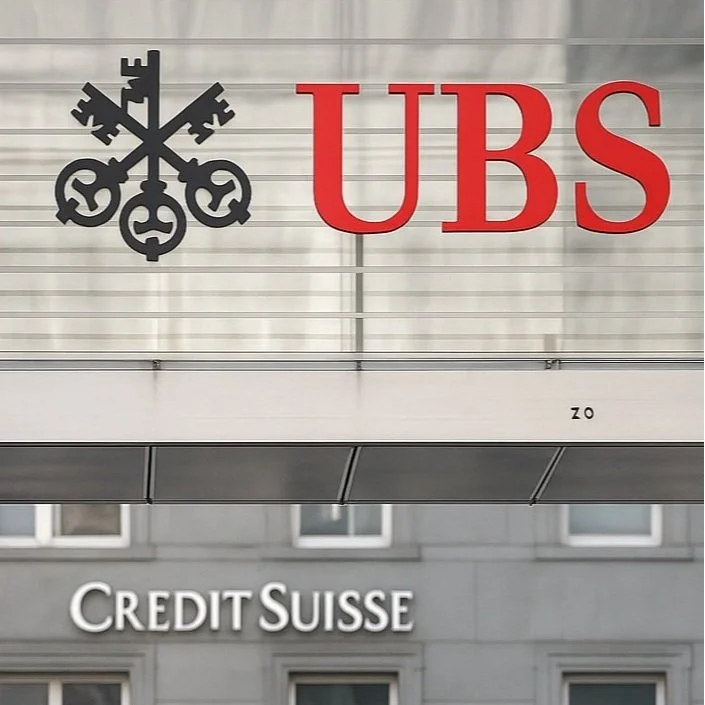Banking Rescues – Credit Suisse and SVB – What it Means for Businesses
Author: Brian Weakliam, Founder & CEO
The announcement of a new rescue plan for Credit Suisse will not fully settle the nerves of investors and depositors. It is similar to the disastrous forced takeover of HBOS by Lloyds Bank in 2008 after Lehman Brothers collapsed. The problems at Credit Suisse are widely known, but the speed with which this rescue is being implemented is dramatic.
The solution that has been contrived by the Swiss Financial Regulator raises more questions than answers.The inherent risks in Credit Suisse are being passed on to UBS and the AT1 bondholders are being wiped out.
The strong message coming from both rescues is that governments and regulators will ultimately protect depositors if not doing so risks panic. This runs counter to the direction regulators was headed in, where depositors ‘bail in’.
Where there is such a level of uncertainty, what steps should depositors take to safeguard the risk of their funds? In reality current account holders and depositors are lending their money to the bank. They need to evaluate all of their funds held by banks and take reasonable steps to mitigate the risk.
The principal steps include reducing the concentration of their risk by spreading their funds across multiple banks, reviewing the maturity profile of their deposits, and closely monitoring bank ratings and market information. All organizations must ensure that strong financial governance is in place, including a robust treasury policy and regular reviews of their cash positions.
The Bankhawk services most in demand now is the Banking Audit, which is a one-off review of the banking arrangements of an organization and focuses primarily on price optimization but also on the risk and liquidity of an organization’s banking arrangements. The benefits are significant, not just from a cost savings point of view but also to reduce risk and improve liquidity. Bankhawk clients ensure they have best-in-class banking and payment arrangements.

